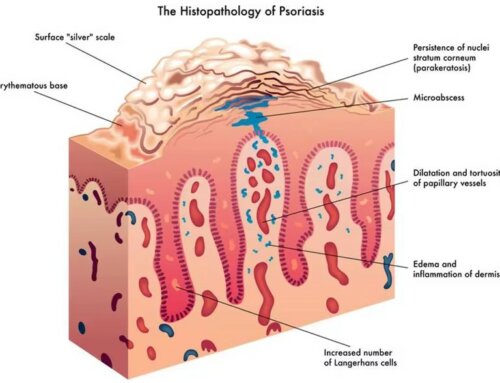Most of the rest of the country was in a deep cold snap, but they are much more prepared for the cold weather than those of us in Florida. Being prepared is key to many things, including when people with diabetes deal with proper foot care, especially during the winter. Here is your winter foot care list to prevent any foot injuries or complications:
Blood Sugar Control
Maintain healthy BG levels and try to achieve an A1C of 6.5%-7.0% at all times. This can delay small vessel disease, which includes the eyes, kidneys, and feet.
Daily Foot Exams
This is a must – especially for those with neuropathy. Perform a foot exam at the same time each day, including the soles of the feet. It is necessary to identify any color change (red or purple), blisters, open sores, swelling red streaks, peeling or cracking. For those who can not see the soles of their feet, you can use hand-held long-arm mirror to inspect your feet. Check toenails to see if they have fungus or are ingrown or have infections.
Keep Feet Clean & Dry
Wash feet daily with lukewarm water at 90 degrees or less. Use a mild hypoallergenic soap with a soft wash cloth or sponge. Do not soak feet for longer than 10 minutes. Dry skin carefully by patting, not rubbing. Make sure to dry between each toe which reduces the risk of fungus or athlete’s foot.
Moisturize and Hydrate
Diabetes can damage the nerves, causing you to perspire less, which leaves your feet very dry. This can cause itching, peeling, and a risk of infection due to cracks in the skin. A good moisturizer can be a friend to your feet. The best time to apply moisturizer is when the skin is damp from a bath or shower. Apply cream on the top and bottom of the foot, but not between the toes to lessen risk of fungus forming. Drink plenty of water during the day – indoor heat can cause dehydration.
Proper Nail Trimming
Nails should be trimmed straight across with a nail clipper. File any rough edges with a nail file. If you can not reach your toe nails or they are thick, splitting, or yellow, please consult a podiatrist.
Wear Clean, Dry Socks
Socks are a must. Make sure the sock fits properly, not too tight or too loose, which can cause rubbing and irritation. Make sure you NEVER go barefoot even indoors. Socks should be made of mixed fibers such as cotton and acrylic and not nylon. This will help wick any perspiration from your skin. Avoid socks that have tight elastic bands or that are thick or bulky. Avoid wearing socks with thick seams at the toe. This can cause irritation.
Wear Comfortable Shoes
Avoid wearing tight toe boxes and high heels. Pointy high heels are dangerous for your feet and promote bunions that may require surgery in the future. Wear waterproof boots in the rain and warm boots in the cold.
Treat Wounds Quickly
Even the smallest cut or scrape can cause an infection, so use a topical antibiotic ointment after washing with mild soap. If it does not improve within a few days, a visit to the podiatrist is necessary. Do not use over the counter corn, callus or wart remover. These chemicals can burn or damage the skin – instead, consult a podiatrist.
Your feet help you all day long. Give them the best care you can!
Have a question or comment? Post below or email me at RKleinman@adwdiabetes.com if you would like to share them with ADW diabetes.
NOTE: Consult your Doctor first to make sure my recommendations fit your special health needs.







Leave A Comment